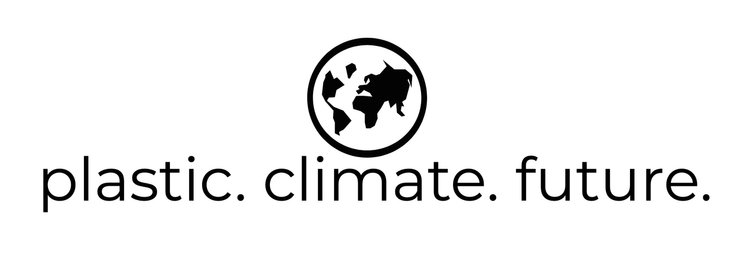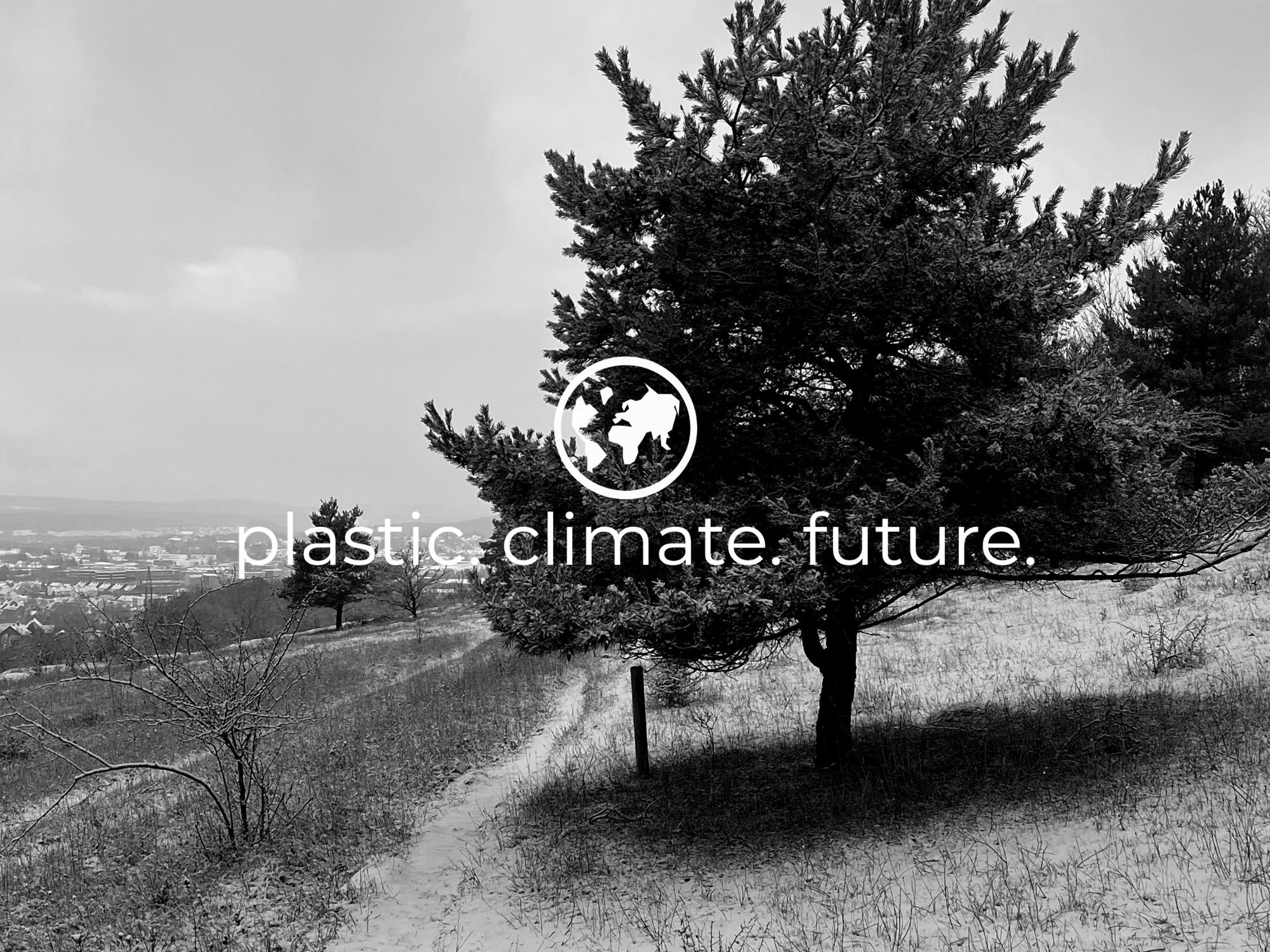Alex Thielen is a psychologist by training who ventured into creative writing. He has a passion for conveying information in nice stories - which is highly needed in a technical sector, such as plastics, and also became the reason why he joined Bioplastics Magazine in the first place.
The magazine started as a family business and was founded by Alex's father, who is a chemical engineer. After 18 years in operation, the magazine has established and publishes six issues per year. Each issue features two focus points that highlight inspiring stories from the bio-based plastic value chain, researchers, and start-ups.
Despite its name, Bioplastics Magazine does not solely focus on promoting bioplastics. The magazine recognizes that other technologies that support circularity are equally important, as long as they are backed by scientific evidence. In this podcast episode, we discussed opinions and perspectives on bioplastics. Whether it is bad, what the term actually implies, and why it could be confusing sometimes. We also talked how the challenges faced when delivering information, including the factors which affect them (such as location and system), and importantly, we also learned what bioplastics are.
PS: They even published a bioplastics basics book in 6 languages, which you can find HERE
Find out more about Bioplastics Magazine at www.bioplasticsmagazine.com/en/ and feel free to contact Alex via LinkedIn.










